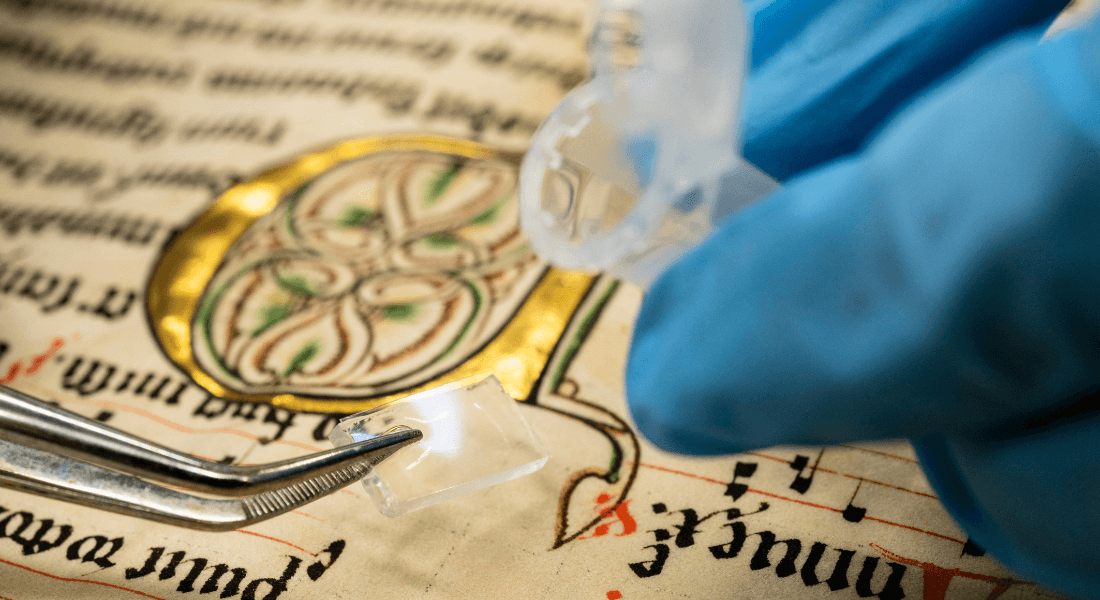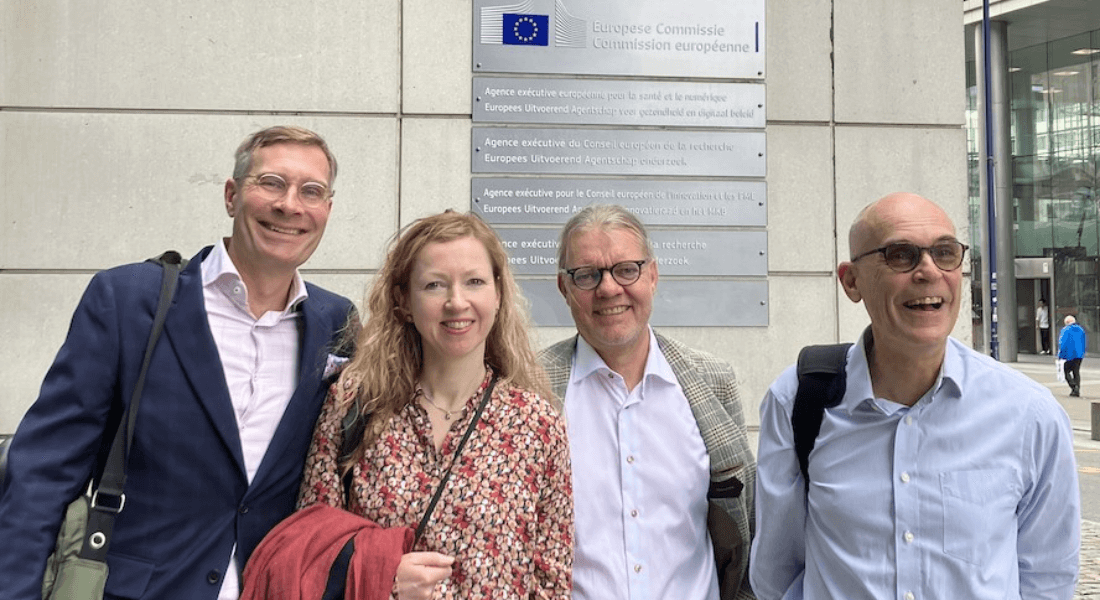ERC Synergy Grant to chart Northern integration in medieval intellectual culture
As part of a Nordic research team, Matthew Collins from Globe Institute have been awarded the ERC Synergy Grant. With University of Bergen leading the project, the four Nordic partners will investigate how books and literary networks shaped Northern Europe between 1000 and 1500 CE.

The CODICUM project receives €13 million to bring together experts in history, literature, medieval handwriting and bio-codicology from four Nordic universities to explore medieval knowledge networks.
The groundbreaking study combines traditional humanities approaches with cutting-edge biomolecular analysis of fragments from medieval books written on animal skin.
Together, the researchers are going to investigate approximately 50,000 medieval Latin book fragments preserved in Nordic collections—one of Europe’s largest and most understudied archives of medieval book culture.
Professor Åslaug Ommundsen from the University of Bergen leads the project, and Professor Matthew Collins from the University of Copenhagen brings cutting-edge biomolecular expertise.

“While most medieval manuscripts in the Nordic countries were destroyed after the Reformation, their leaves were often recycled as binding material for administrative documents. This practice accidentally preserved evidence of thousands of books, most of them Latin books used in churches, and often brought in from other parts of Europe,” explains Professor Ommundsen.
A unique feature of this project is the use of new techniques to trace the geographic origins of manuscript materials and identify previously unknown connections between religious and intellectual centres.
"Using biomolecular methods, we can now extract DNA and protein information from parchment to determine where animals were raised and how manuscripts were produced,” says Professor Matthew Collins and elaborates:
“Our work is essential to answering one of the project's key research questions: how does incorporating the Nordic region change our understanding of medieval parchment production? The biomolecular evidence we generate will be integrated with traditional manuscript studies to provide unprecedented insights into medieval book production networks. This project exemplifies how the University of Copenhagen is leading the way in bridging science and humanities through innovative technological approaches to cultural heritage research. As is probably evident from the nature of the project, this is a contribution from the new School of Archaeology which has been launched between, SUND, HUM and TEOL,” explains Matthew Collins.
“The fragments are challenging us to rethink how we define 'textual heritage'. Rather than belonging to individual nations, these manuscripts reveal a shared European literary heritage that transcended medieval borders,” says Professor Lars Boje Mortensen at the University of Southern Denmark.
“By analysing both the texts and materials of these fragments, we hope to unlock a new understanding of how Northern Europe integrated into broader European intellectual culture” adds Professor Tuomas Heikkilä at the University of Helsinki.
Contact
Professor Matthew Collins
matthew.collins@sund.ku.dk
+45 93 56 56 59
+45 35 33 39 64
